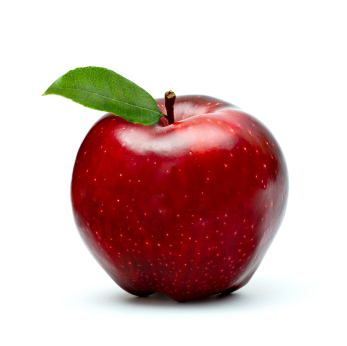As to answer your question, I would like to first clearly define perception (stated clearly in the SEP) :
The awareness or apprehension of things by sight, hearing, touch, smell and taste.
Therefore, every single thing in our world, even science is based on common perceptions.
For example, in chemistry, the states/properties/smell/etc.. of substances are universally agreed upon based on common perceptions.
#Examining the Problem of Perception#
Examining the Problem of Perception
This is how the SEP describes the problem of perception:
perception seems intuitively to be openness to the world, but this fact of openness is threatened by reflection on illusions and hallucinations. Therefore perception, as we ordinarily understand it, seems to be impossible.
So, I can see why you would think that the scientific analysis is "clearly" superior. However, please take close note to what I will present to you.
For example, suppose that you are are in a room with a few other people and are perceiving this:
[![apple][1]][1]
(source: boutonrougedesigns.com)
If you describe the shape/state to many others, they may or may not agree with you. Their decision in accepting what you perceive as real is dependent on many conditions. The circumstances must be examined for example:
- Is anyone under the influence of anything that may alter one's perceptions allowing for errors? (e.g. drugs)
- Is a magician affecting anyone's perception of the object?
- Are the properties of the given item common/normal?
- Is anyone mentally ill?
- Is this anything that is out of the ordinary?
The second choice instantly becomes obsolete; the existence of such a magician must first be proved creating an unreasonable burden of proof.
Does the apple possess any properties that defy the laws of logic and physics (known to man so far)? For example, is it floating?
If none of the conditions are met, then most likely, everyone will agree with you, because what you perceive is most likely not an error. Therefore, it will be agreed amongst all of you that you are perceiving a bright, red apple.
Therefore, the problem of perception can (to some extent) be prevented.
#Comparing Phenomenology to the Cartesian method#
Comparing Phenomenology to the Cartesian method
The Cartesian method is described by Wikipedia as:
[A] method of analysis which sees the world as objects, sets of objects, and objects acting and reacting upon one another.
The structure of the problem is simple: why try to scientifically prove that the apple is red when all of us agree on it? The apple is red, and there is not much else to it.
Why go to great lengths to try to scientifically prove something whose existence we are almost certain of?
Perhaps why perception is preferred over scientific analysis therefore, is simply because it's not unnecessarily complex, and is (for the lack of a better word) therefore, much simpler.
Philosophers need not waste their time pondering about simple things. Such paranoia would be as pointless as much as it would be illogical. [1]: https://i.sstatic.net/mD8GV.jpg
